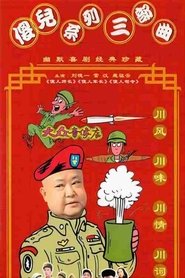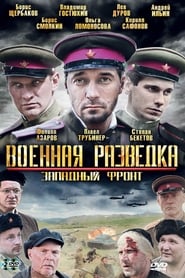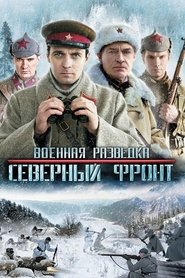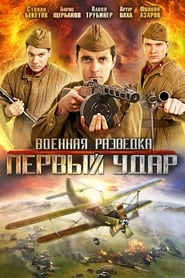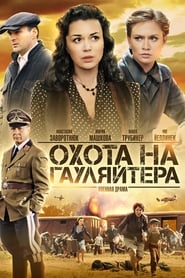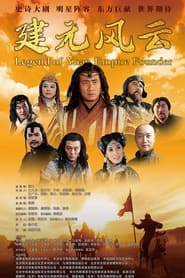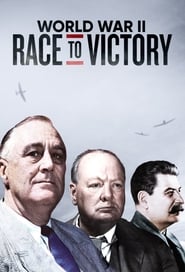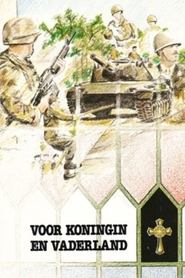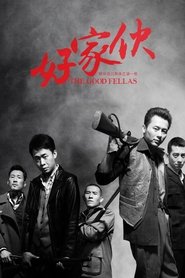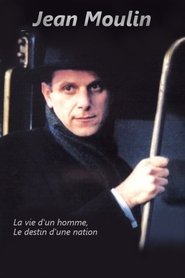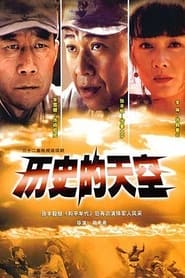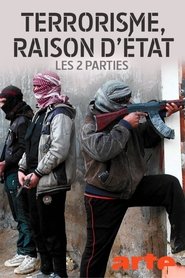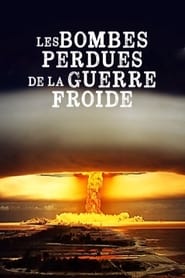Top Rated War Politics TV Series - Page 49
-
傻儿系列三部曲
1992
-
Décolonisations : du sang et des larmes
2020
star 8After World War II, the French colonial empire, which dominated the lives of over 110 million people on five continents, collapsed in just under a quarter century of blood and tears. -
Military Intelligence. The First Blow
2012
star 7During World War II the Red Army sends a special unit named "Zvezda" ("The Star") on a mission to conduct Guerilla warfare against the Germans in the Soviet Union. -
Hunting the Gauletier
2012
star 1In 1941 Minsk is overrun by the Germans and social order is obliterated. Choices must be made - cooperate with the occupying forces or resist? A mini-series about surviving in the most uncertain times. -
World War II: Race to Victory
2020
star 8This 6-hour documentary series recalls one of the most thrilling races in history, between three icons, super powers and ideologies that came together to overcome a greater evil and achieve VE Day. Churchill, Roosevelt and Stalin find themselves in an uneasy alliance, fraught with power-struggles, false promises and deadly suspicions of each other. The series paints an in-depth picture of the race to power and victory during the war, to reach VE Day. -
For Queen and Country
1979
star 6.5Based on the true story of a group of students from Leiden, this miniseries explores their experiences, different paths, and roles in World War II, either as Nazi collaborators or as members of the resistance. -
Cao Cao
2013
Cao Cao
2013
star 8Cao Cao is a man born into privilege but shaped by the brutal power struggles of his time. Rising through the ranks with his strong leadership, he allies with figures like Yuan Shao and Liu Bei, navigating rebellion, palace intrigue, and war. -
Eroi per caso
2011
Eroi per caso
2011
star 6.8In 1918, during the final stages of World War I, a Roman photographer is called up for military service and, together with Don Silvano, escorts Vanin, a traitorous soldier, to the Torre trench. Along the way, many events occur that will change the lives of the protagonists, leading to a tragicomic ending. -
Moi, Belgique
2006
-
The Good Fellas
2016
-
Thatcher: A Very British Revolution
2019
star 7The irresistible rise and dramatic downfall of Margaret Thatcher. Her inner circle reveal how a political outsider won power and dominated British life through a turbulent decade. -
Forward Forever
2020
Forward Forever
2020
star 7.5During a period of great unrest at the end of the Qing Dynasty and beginning of the Republic of China, two impassioned youth devote their lives to their country. -
Jean Moulin
2002
-
History of the Sky
2004
-
Terrorism: After 9/11
2017
star 8How the war on terror launched by the Bush administration after September 11 has worsened the threat of terrorism.
 Netflix
Netflix
 Amazon Prime Video
Amazon Prime Video
 Apple iTunes
Apple iTunes
 Apple TV Plus
Apple TV Plus
 Disney Plus
Disney Plus
 Google Play Movies
Google Play Movies
 Paramount Plus
Paramount Plus
 Hulu
Hulu
 HBO Max
HBO Max
 YouTube
YouTube
 fuboTV
fuboTV
 Peacock
Peacock
 Peacock Premium
Peacock Premium
 Amazon Video
Amazon Video
 The Roku Channel
The Roku Channel
 AMC+
AMC+
 Kocowa
Kocowa
 Hoopla
Hoopla
 The CW
The CW
 Vudu
Vudu
 Starz
Starz
 Showtime
Showtime
 PBS
PBS
 Pantaflix
Pantaflix
 FXNow
FXNow
 Tubi TV
Tubi TV
 Kanopy
Kanopy
 Comedy Central
Comedy Central
 Crunchyroll
Crunchyroll
 Microsoft Store
Microsoft Store
 Redbox
Redbox
 Sun Nxt
Sun Nxt
 ABC
ABC
 DIRECTV
DIRECTV
 Crackle
Crackle
 Fandor
Fandor
 Plex
Plex

